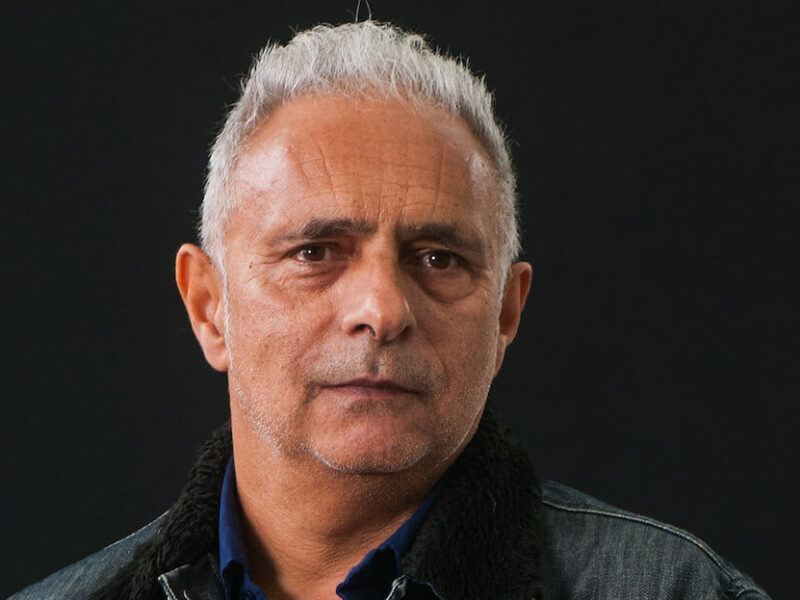
Autumn / Winter 2021
What I’ve Learned: Hanif Kureishi
InTouch Online speaks to Hanif Kureishi (Philosophy, 1977), one of Britain’s foremost playwrights, screenwriters and novelists.
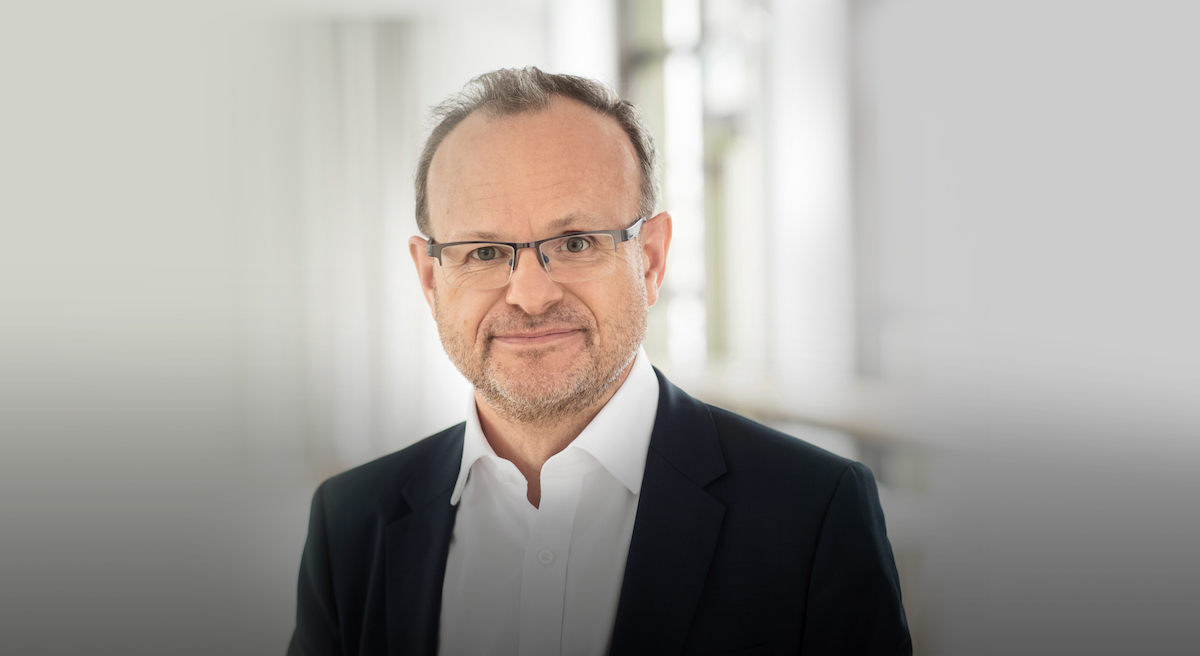
WHAT I’VE LEARNED
Read time: 4 mins
Sean Marett (Biochemistry, 1986) is Chief Business and Commercial Director at German biotechnology company BioNTech, which was responsible for the development of the world’s first approved mRNA-based COVID-19 vaccine. Before joining BioNTech, Sean worked in global strategic and regional marketing, sales and business development executive roles at large pharmaceutical companies. Here, Sean shares the lessons he has learned in his long and successful career.
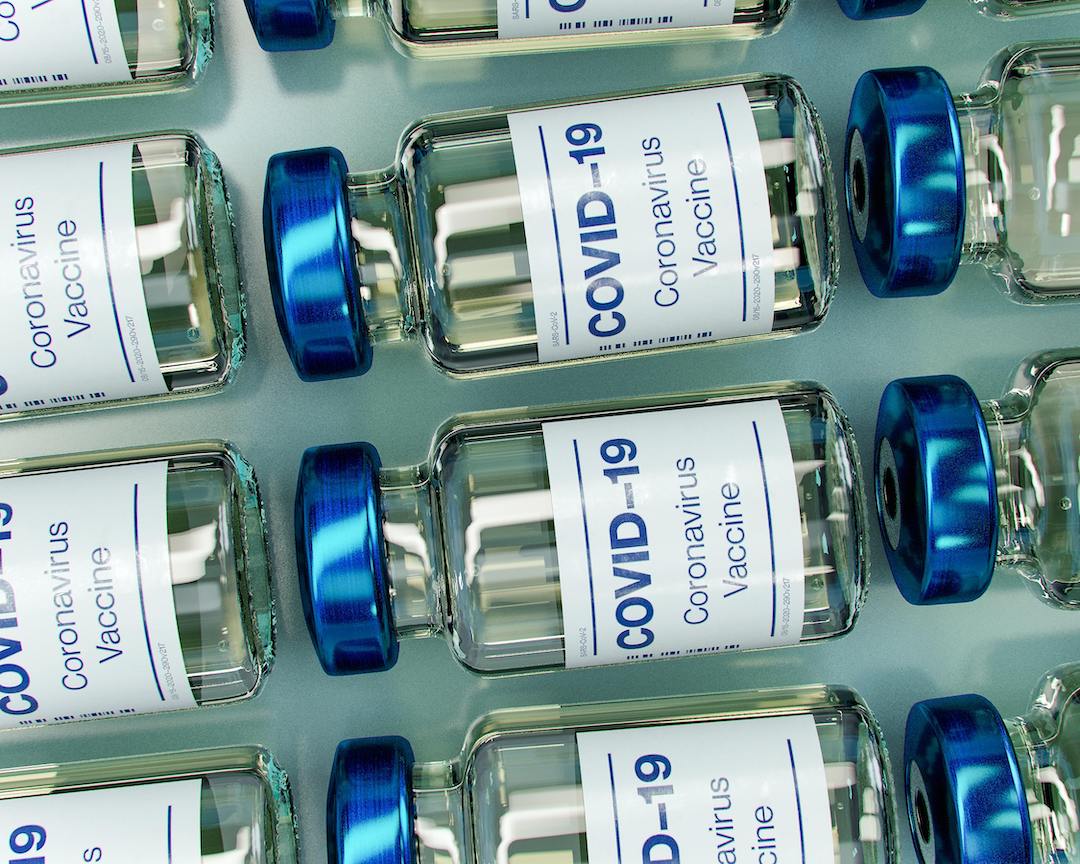
At King’s, in my final year, I took courses in immunology and cell development. At the time, there was a lot of basic research about the role of the immune system in protecting us from cancer. I remember reading a paper on the use of highly specific antibodies tagged with a toxin to specifically target cancer cells. That was then a concept – now we have medicines that do exactly that.
This early fascination with science has never left me. I have always used the knowledge gained at King’s in my career – it helped to shape the path that led me to the USA and finally to BioNTech. What l learned at King’s is that one has to challenge ideas to drive change and that it takes much effort and resilience to turn life-changing ideas into reality.
What l learned at King’s is that one has to challenge ideas to drive change and that it takes much effort and resilience to turn life-changing ideas into reality.
Sean Marett
When I joined BioNTech and its Executive Board 10 years ago, we were a small company focusing on building our scientific foundations. All we did was research novel technologies, such as mRNA and CAR T cells which teach our cells how to make a protein that will trigger an immune response inside our bodies, among other drug classes. In those years, it was crucial to ensure sufficient funding and to find strategic partners to work with. It was not easy, as we were interested in collaborations with leading pharma companies on an equal footing. As one pharmaceutical executive told me, we could not possibly be for real as we had no website and were a company of around 250 people. With resilience, passion and our science, we managed to convince them.
We had the same initial reaction of we’ve never heard of you from international investors, but by the end of 2019 we had secured over $1 billion, making it one of the largest private financing rounds in Europe. In the same year, we went public on Nasdaq.
It was hard work because up until that time, few believed in mRNA technology and our vision. But we constantly forged ahead and finally proved that our concept works.
The past few years have taught us that collaboration is very important. It is one of three areas that make a difference.
The first is science. Science can make a difference by creating innovation. It was the dedicated work of a committed team of scientists and researchers that led to the development of the world’s first approved mRNA-based vaccine.
The second is trust in science. Breakthrough innovations don’t happen overnight or within one year – even if it appeared that way in 2020. At BioNTech, it has taken decades of research and many discoveries to develop mRNA into a powerful technology. For this, sufficient financing and investors who trust in science and your approach are essential.
The third is collaboration. Joining forces, focusing resources, and working in a cross-disciplinary manner, whether it be with the scientific community, companies, governments, authorities or individuals, is crucial. If we all pull together towards the same goal, we can make the seemingly impossible possible.
Collaborations, such as those undertaken through King’s Health Partners (KHP) between academics and clinicians, are a prerequisite for successful scientific innovation and its translation into solutions that can help society. For this reason, I am very excited about KHP plans to establish a life sciences cluster to connect businesses, universities and healthcare providers to accelerate translation from science to industrial application. This is exactly the spirit we have at BioNTech. We strongly believe that we can only bring cutting-edge science and technology to people if we remain deeply rooted in academia and at the forefront of patient care – BioNTech itself is a spin-off from the University of Mainz in Germany.
If we all pull together towards the same goal, we can make the seemingly impossible possible.
Sean Marett
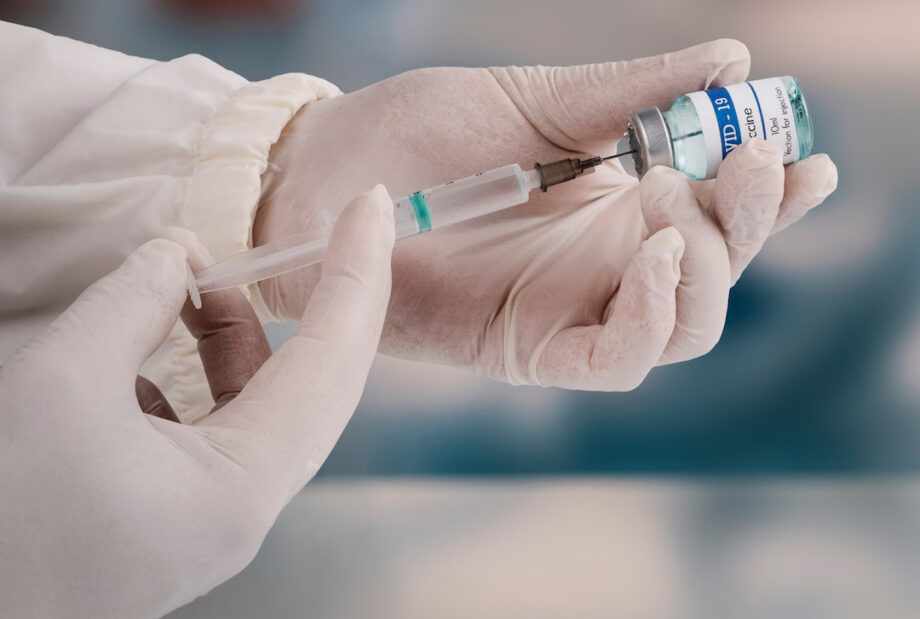
When it comes to the next big thing, I am particularly excited about individualised cancer treatments, for which mRNA is ideally suited. We want to explore the potential of mRNA to help treat other infectious diseases such as malaria and tuberculosis. I am excited to see this and other technologies in the coming years, not only for the treatment of cancer and infectious diseases, but also for autoimmune diseases and regenerative medicine.
These are the next big things for which I hope we will be able to develop first-in-class or best-in-class treatments.
BioNTech’s journey may sound like a fairy tale now but it has not been an easy journey and it has required relentless effort, resilience, conviction and time. From our beginnings in a laboratory in 2008, we have grown to become an international leader in the field of next-generation immunotherapies and one of the largest global biotechnology companies. None of this would have been possible if we had not had a burning passion for the science that continues to excite and motivate us today.
Sean Marret is also the recipient of a King’s Distinguished Alumni Award 2022. Sean is awarded the International Impact Award which recognises an alumnus or alumna who has made an outstanding impact in the global community through civic leadership and working to address worldwide challenges. As Chief Business and Commercial Director at BioNTech, Sean was instrumental in establishing the partnership his company formed with Pfizer to develop the Pfizer BioNTech COVID-19 vaccine.

InTouch Online speaks to Hanif Kureishi (Philosophy, 1977), one of Britain’s foremost playwrights, screenwriters and novelists.
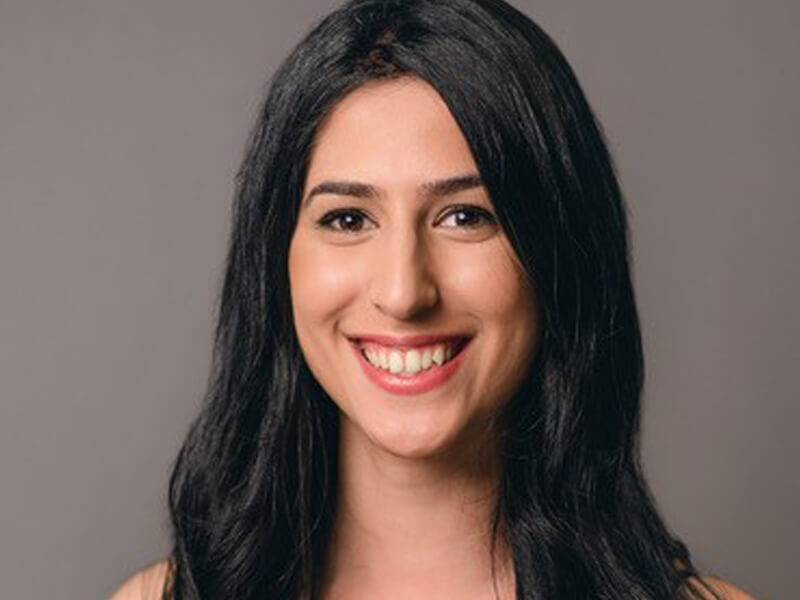
We speak to alumna volunteer Ghonche Alavi (MA Public Policy, 2015) and Professor Neil Greenberg (from the Institute of Psychiatry,...